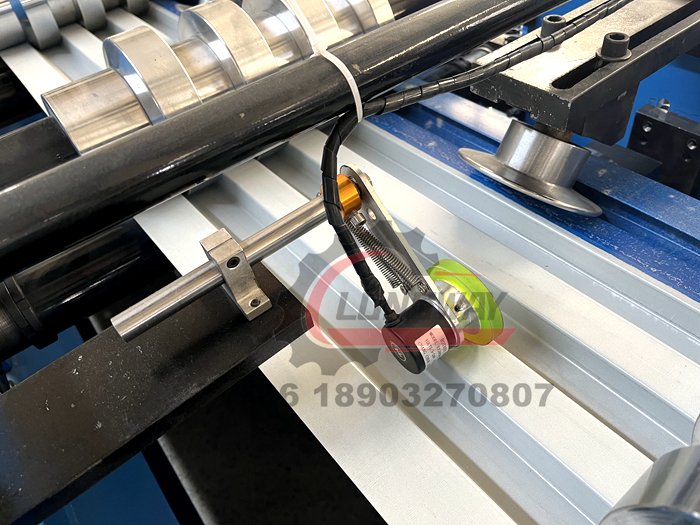Innovative Roll Forming Solutions for Versatile Building Material Production Equipment
The Role of Building Materials Roll Forming Machines in Construction
In the modern construction industry, efficiency and innovation are paramount. One of the standout technologies contributing to these goals is the roll forming machine, particularly those designed for building materials. This machinery is not only pivotal in streamlining production processes but also enhances the quality and versatility of construction materials.
Roll forming machines are specialized equipment used to produce long lengths of metal products by bending the material in a continuous strip. They operate by passing metal sheets through a series of rollers that gradually shape them into desired profiles. This technique is particularly beneficial in manufacturing materials such as roof panels, metal studs, and steel tracks, which are integral to structural frameworks.
One of the significant advantages of using roll forming machines is their ability to create materials with consistent quality and precision. In construction, the structural integrity of materials is vital, as any deviation could compromise safety. With automated roll forming processes, manufacturers can ensure that every piece meets stringent standards, significantly reducing the risk of defects.
building materials roll forming machine

Moreover, roll forming machines contribute to sustainability in construction. By optimizing material usage and minimizing waste, they align with the industry's growing emphasis on eco-friendly practices. For instance, roll forming operations can produce components with reduced scrap metal, ensuring that more of the raw material is utilized effectively. This not only lowers costs but also supports the movement towards sustainable construction.
Additionally, the versatility of roll forming machines allows for the customization of building materials to meet specific project requirements. Clients can request various shapes, sizes, and thicknesses, enabling architects and builders to innovate freely without being constrained by standard product offerings. This flexibility is especially valuable in large-scale projects where unique designs are necessary to achieve aesthetic and functional goals.
Furthermore, advancements in technology have led to the integration of smart features in modern roll forming machines, such as real-time monitoring and automation. These innovations enhance operational efficiency, reduce labor costs, and streamline the production timeline, allowing for quicker project turnarounds.
In conclusion, building materials roll forming machines play a crucial role in the construction industry by improving efficiency, ensuring quality, promoting sustainability, and fostering innovation. As the demand for high-quality and customizable construction materials continues to grow, these machines will undoubtedly remain central to meeting the evolving needs of the industry.
-
Roof Panel Machines: Buying Guide, Types, and PricingNewsJul.04, 2025
-
Purlin Machines: Types, Features, and Pricing GuideNewsJul.04, 2025
-
Metal Embossing Machines: Types, Applications, and Buying GuideNewsJul.04, 2025
-
Gutter Machines: Features, Types, and Cost BreakdownNewsJul.04, 2025
-
Cut to Length Line: Overview, Equipment, and Buying GuideNewsJul.04, 2025
-
Auto Stacker: Features, Applications, and Cost BreakdownNewsJul.04, 2025
-
Top Drywall Profile Machine Models for SaleNewsJun.05, 2025








